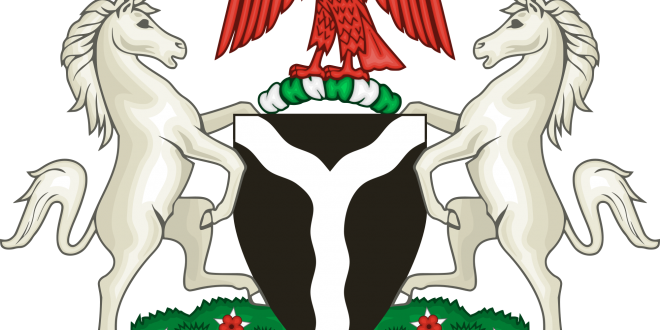Lai Labode: Nigeria: Is violent revolution the way to go? (Y! Politico)
Too many Nigerian youths out of frustration with the Nigerian government or leadership in general have called for violent revolution. While the motive may be very great , most people have never given the implications a deep enough thought. While this article is aimed at making us think a little deeper about our choices in fixing all that is wrong with our country, I can not deny the powerful relationship between a good democracy and Revolution.
Revolution and Democracy belong to one political family. While democracy is a civil and constitutional system of government, Revolution is an unconstitutional agitation for the change of an undesired or unpalatable status quo. Both are of, by and for the people .
Types Of Revolution
1. Violent Revolution
2. Intellectual Revolution
Violent Revolution
Violent revolutions are characterized by wanton destruction of property and lives usually by the people of a country who either feel oppressed or unsatisfied about a system, trend or a particular situation.
Violent revolutions are hardly ever planned, they thrive on spontaneity aggravated by accumulated anger as a result of a singular event which usually become a symbol of the struggle.
Most people who call for violent revolution may be genuinely concerned about a prevailing unbearable status quo and want a quick and decisive solution but they are usually oblivious of the far reaching effects on the society.
There is also a desperately erroneous belief that a revolution has to be violent before it succeeds. I think not.
The possible gains of a violent revolution can be easily eroded by its negative effects in any society especially in a multi-ethnic nation like ours where corruption is in realistic terms not restricted to the ruling class alone.
Violent revolutions are too uncertain and costly which makes them less appealing to people who can project their thoughts into the future based on unemotional analysis of the situation.
History has shown that the cost of war or violent revolution has never been able to justify its outcome. A government may have been toppled, some leaders may have been killed and a more acceptable system of government may emerge but the people always return to the negotiating table to make decisions on the change they want.
The only thing that they may not have realized is that the change desired was inevitable and would cost much less if a more powerful, creative and peaceful way to shutdown an undesirable system was employed.
Intellectual Revolution
Intellectual Revolution refers to the creative, peaceful and transformative change of government or undesired status quo. The core of an intellectual revolution is its creativity and effectiveness. Intellectual revolution is waged largely by employing simple, well communicated , inspiring and uniform procedure that is performed by a large number of people. The procedures are carried out at symbolic locations with uncompromising intent to continue the process for as long as may be required to achieve the set goals.
Intellectual revolution is by far much more powerful and less likely to lead to repercussions like we have seen in many multi-ethnic nations.
It leaves room for proper deliberations and promotes the course of peace .
Wars or violent revolutions are tragic signs of man’s developmental deficiencies . All wars end with what could have been done before the war which is to Negotiate in a peaceful, consistent, creative and powerful mass disobedience.
A violent revolution in Nigeria will most likely divide us against our will into small ethnic nations and push our people into even more stinging poverty than what is witnessed today. There are generations of Hausa people who live in southern Nigeria who live peacefully, practice their religion, speak their language and are fully integrated into the society. The only home they know is where the live and train their children. Same goes for southerners whose homes cannot be anywhere else but in northern Nigeria. There are too many blood bonds across our various ethnic groups much more powerful than any state of origin or religion.
For those calling for violent change in Nigeria, let them begin to think about the option of an INTELLECTUAL REVOLUTION. It is a matter of strategy, unity and consistency on the part of the people who feel oppressed. Hunger and poverty knows no religion or ethnicity. The people can act together for a common purpose if we are willing to inspire it .
I have no doubt in my mind that the change we seek in Nigeria is much closer than many of us or the political class can imagine. There is a new wave of creativity creeping into the political system, there is gradual grouping of strategic movements who will eventually change the course of the history of our country.
No bad government can hope to win in a battle of will against a united people who share a common purpose for the betterment of their lives and opportunity to pursue their full measure of happiness. We have a choice to stand together in non-violence and make our country what we want it to be.
Democracy only rules according to the choices we make or accept as a people. We can make new choices and stand together to see it come to fruition.
The Nigerian Peoples Revolution can be non-violent but more powerful than the Arab Spring and French Revolution put together.
I see it, do you ?
Lai Labode: Nigeria: Is violent revolution the way to go? (Y! Politico) 2013
 Hottestgistnaija.com
Hottestgistnaija.com





